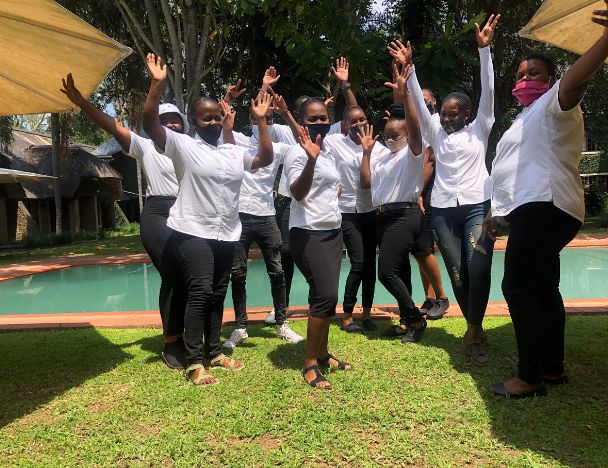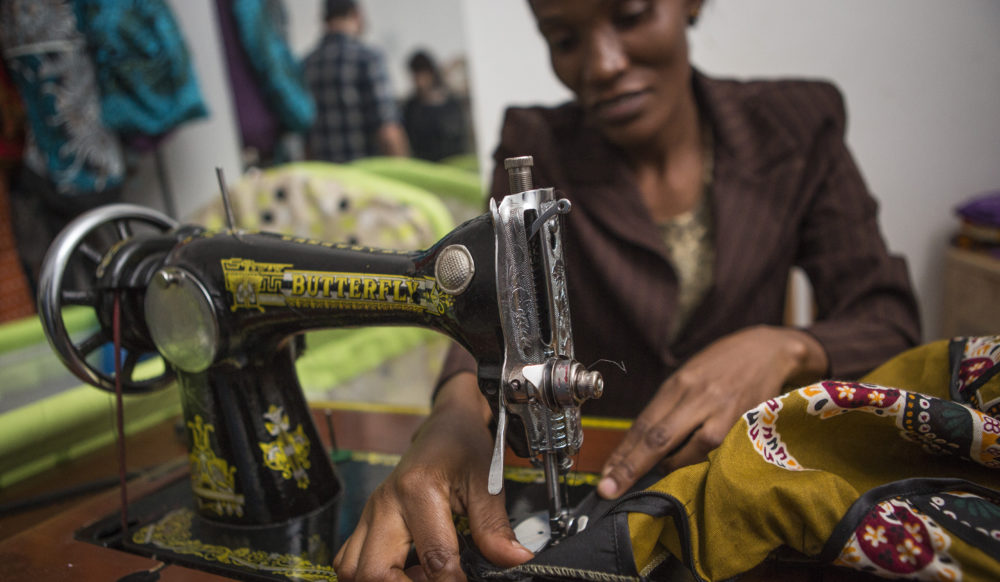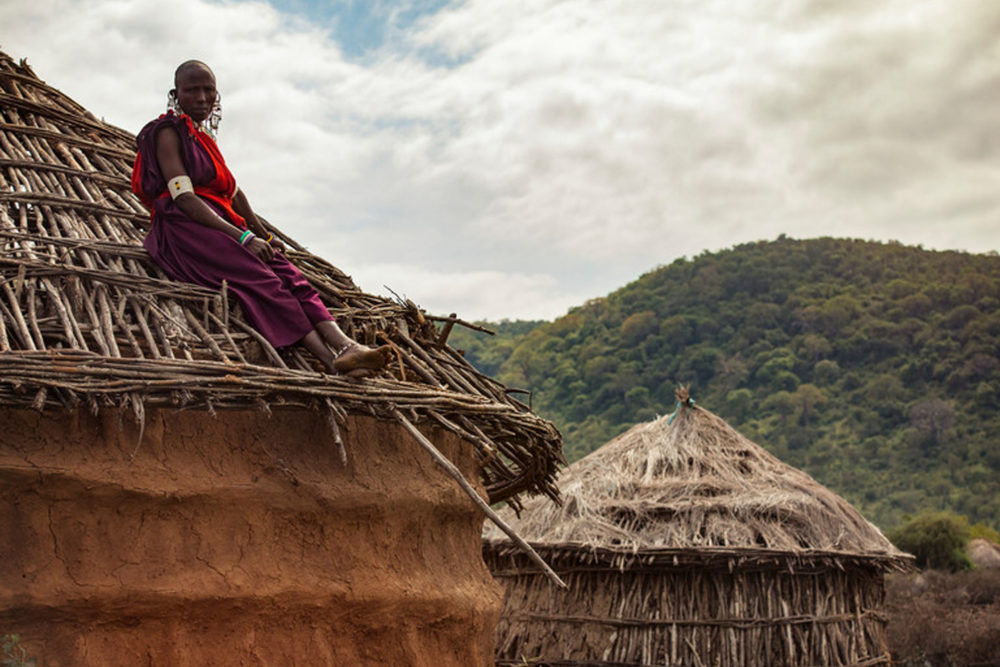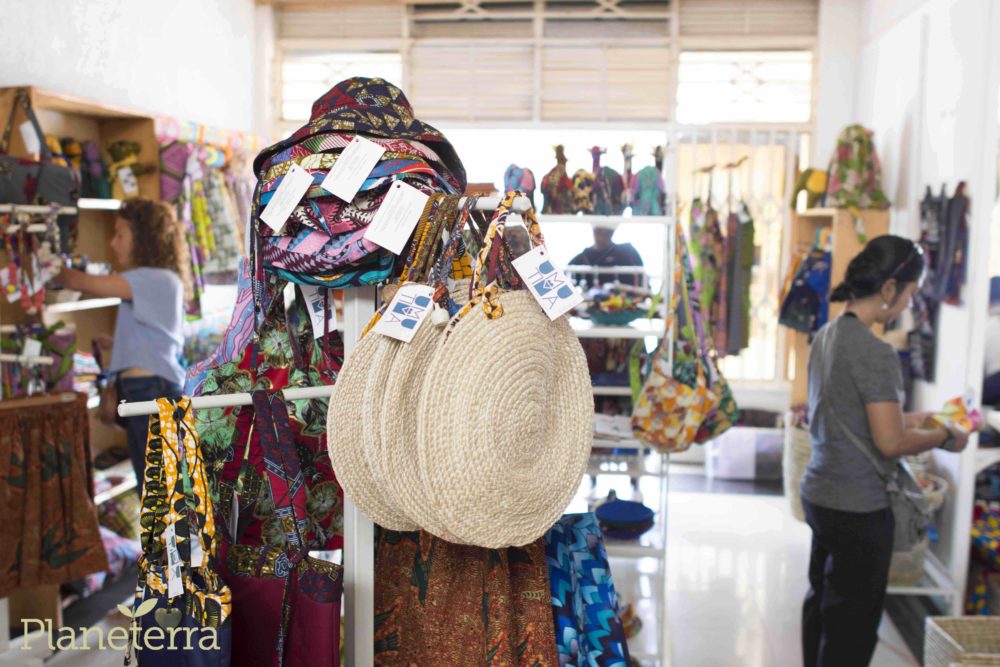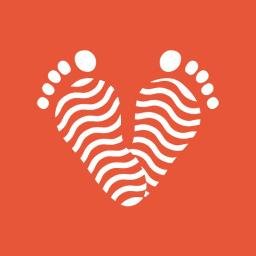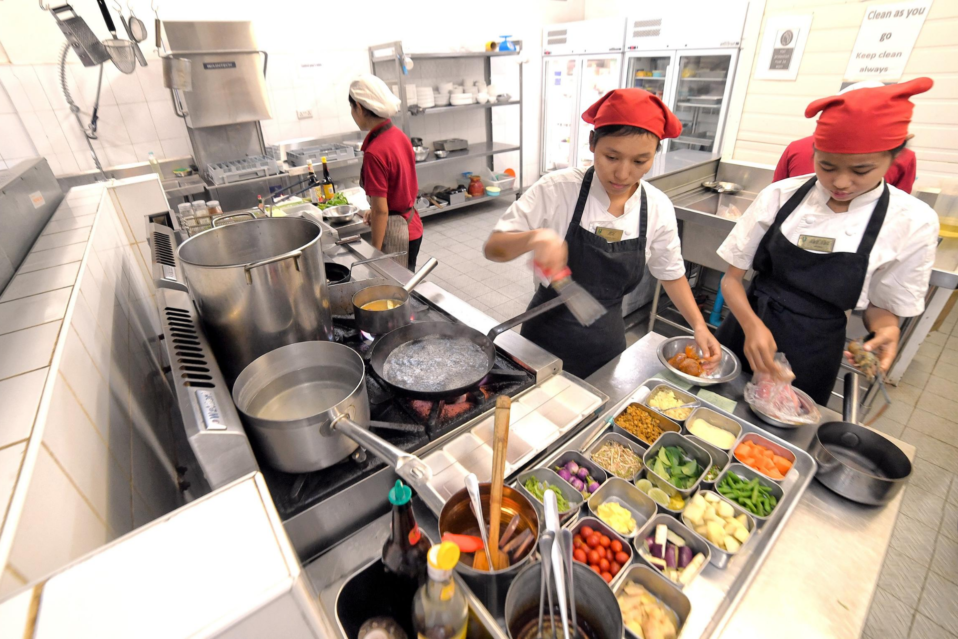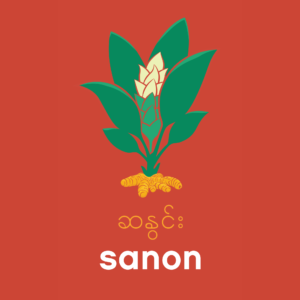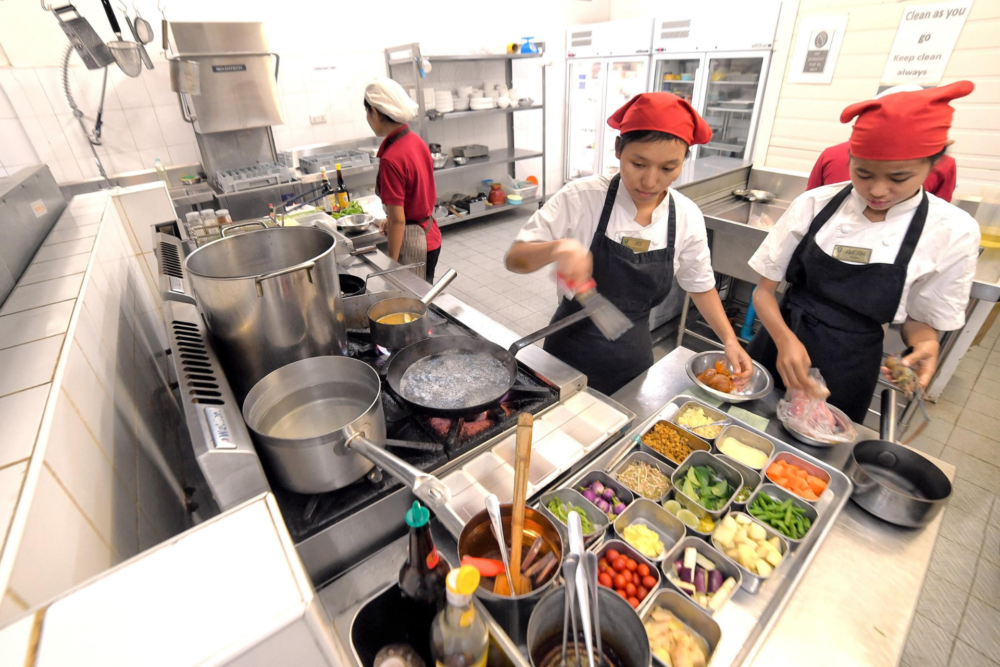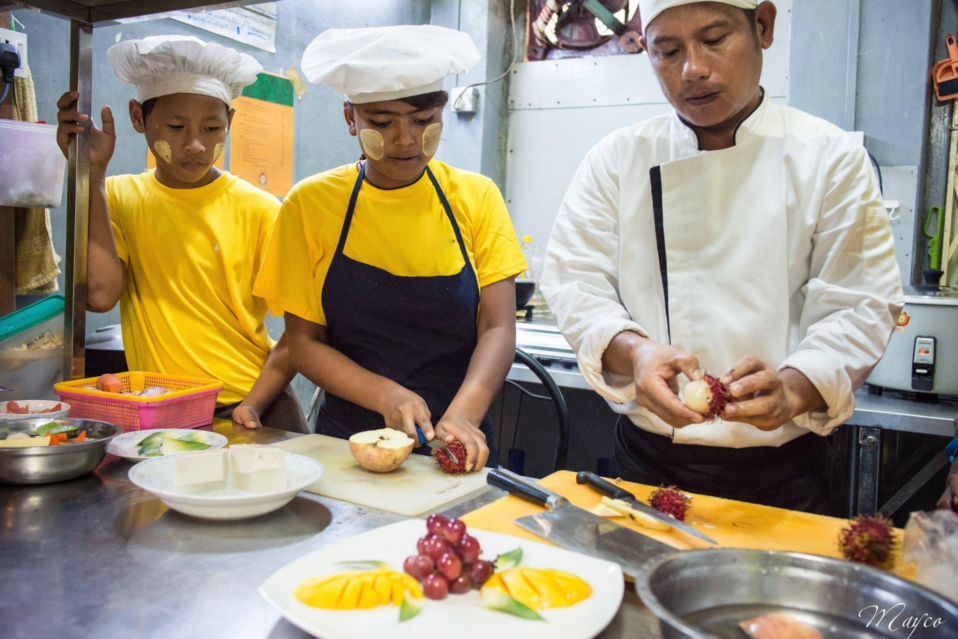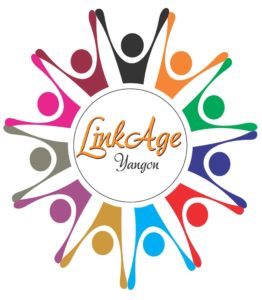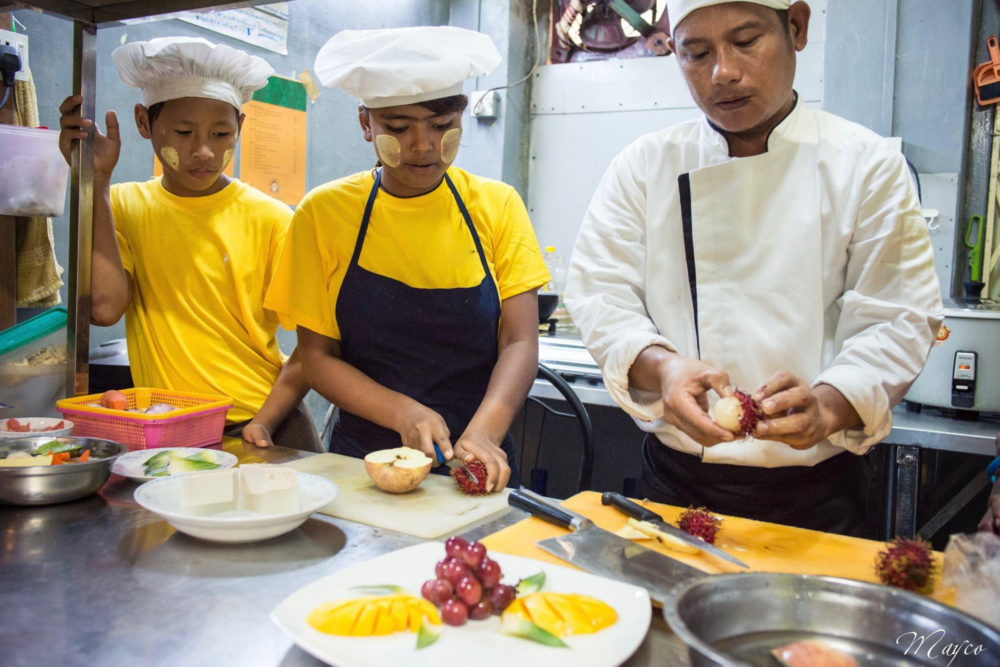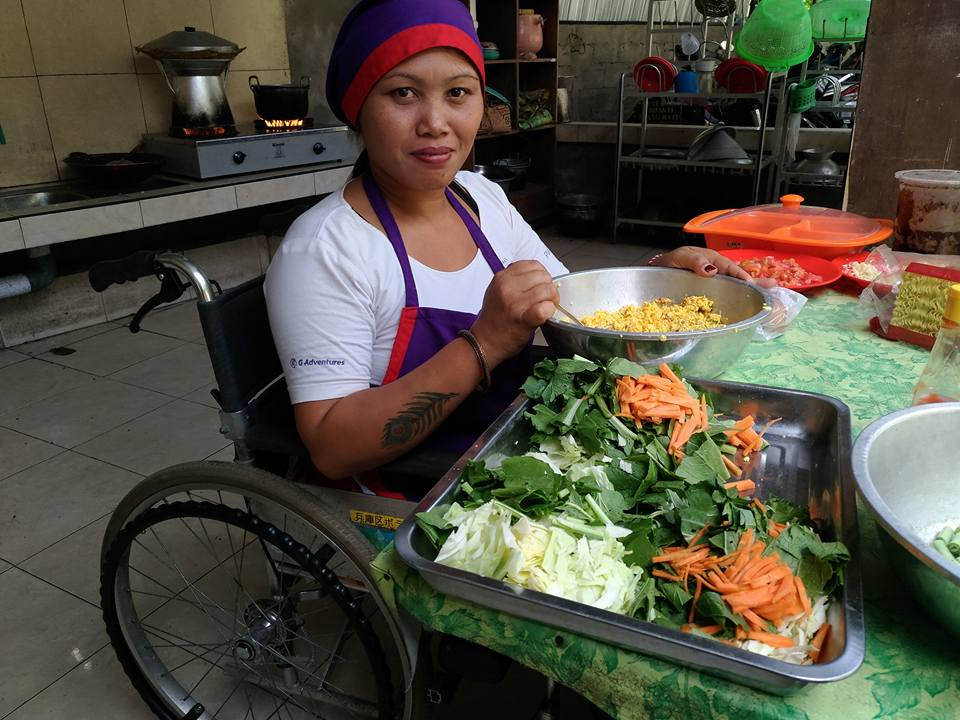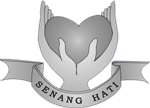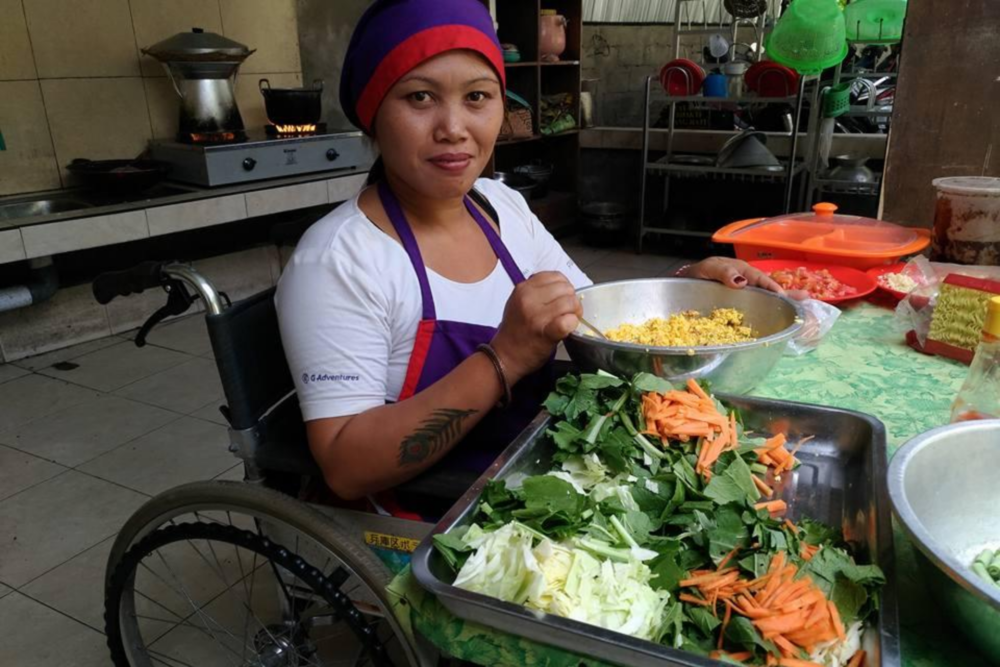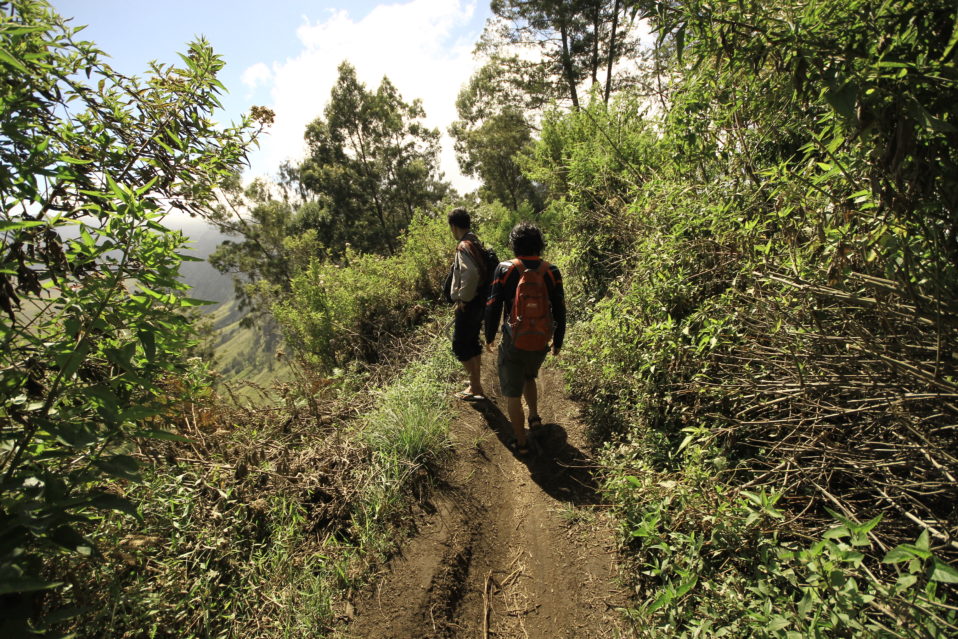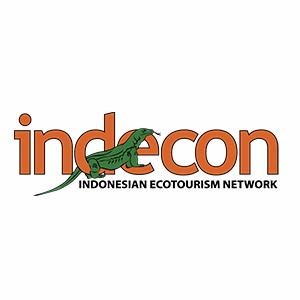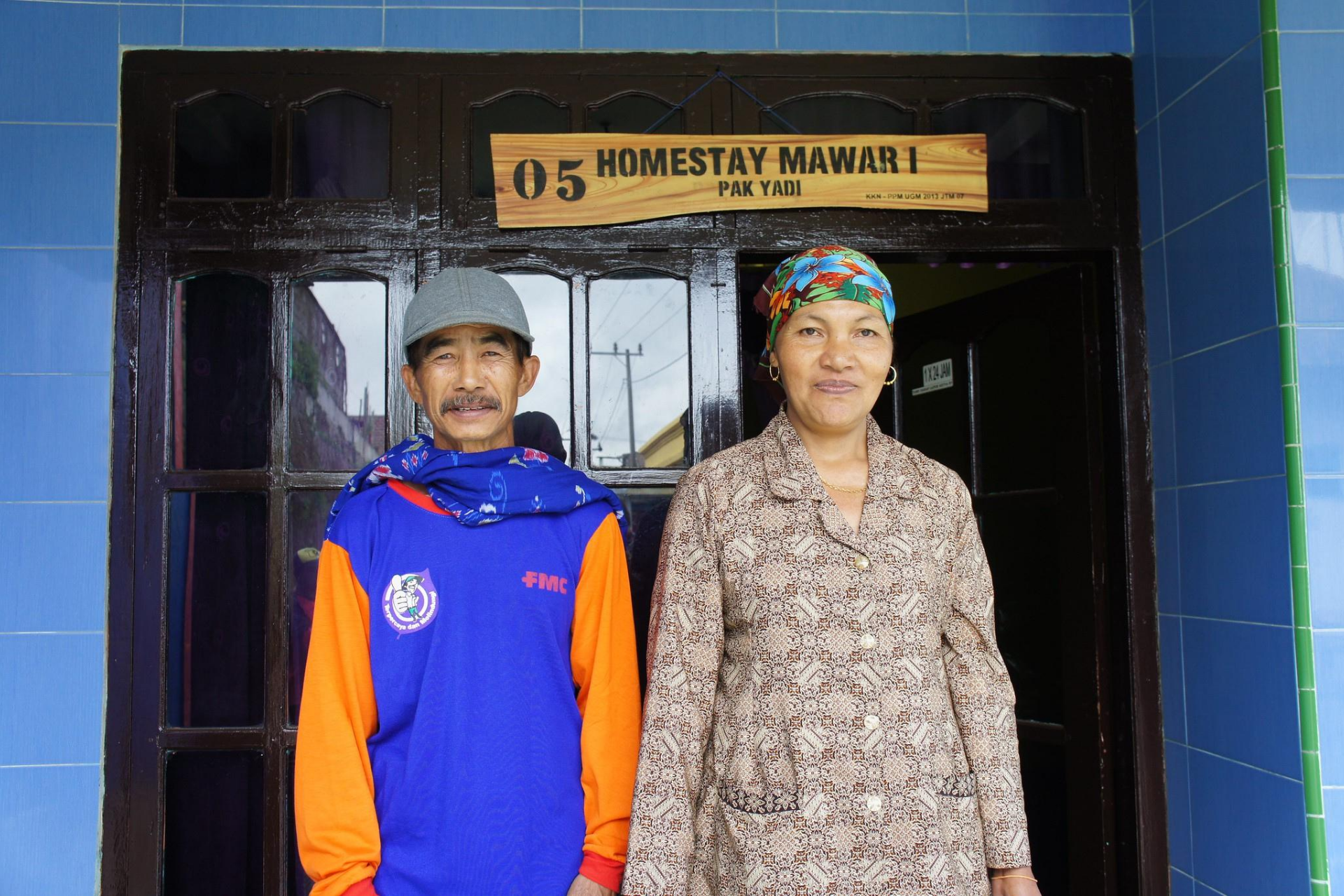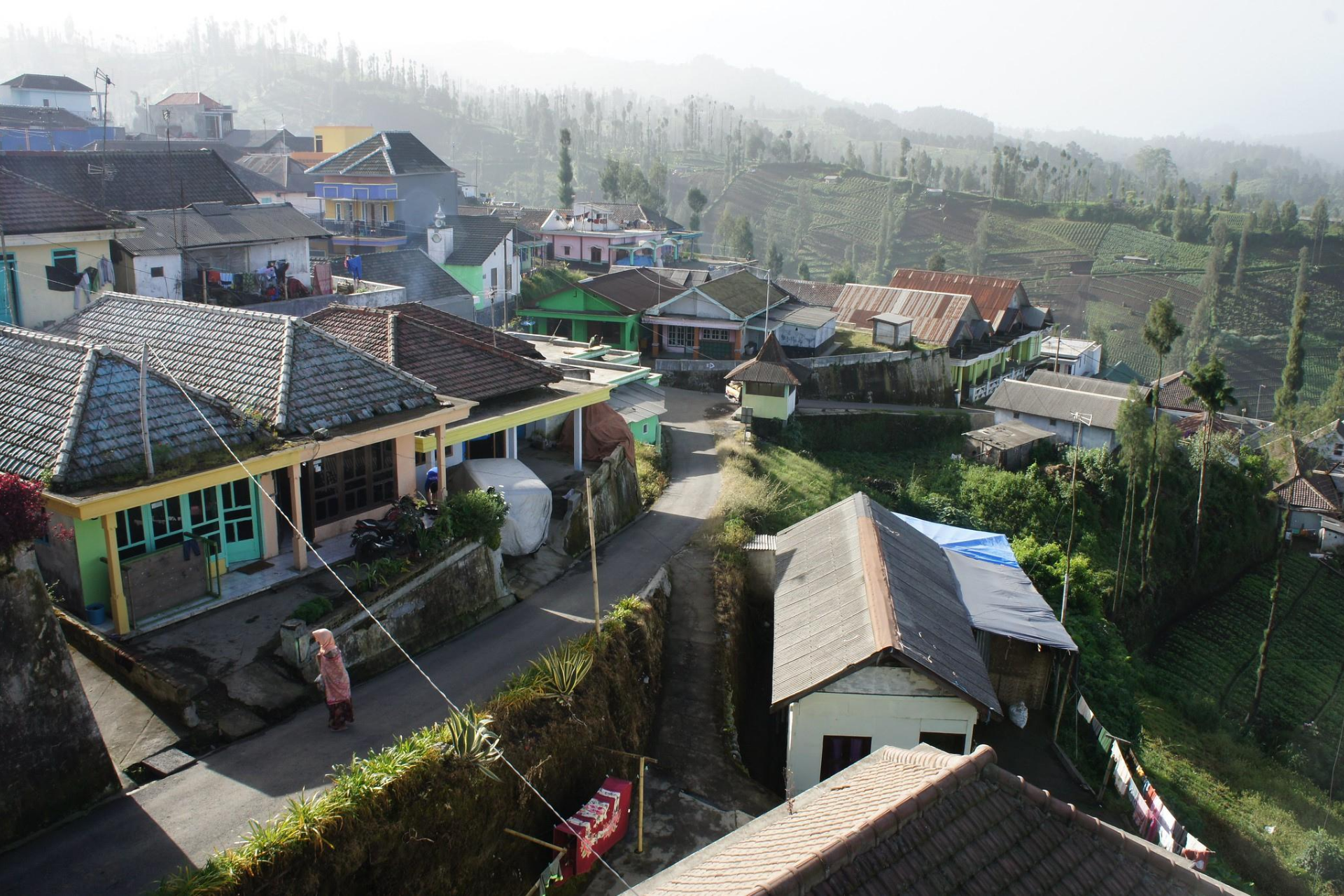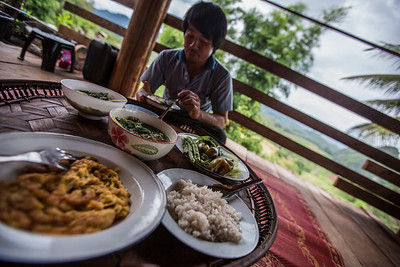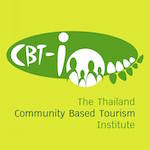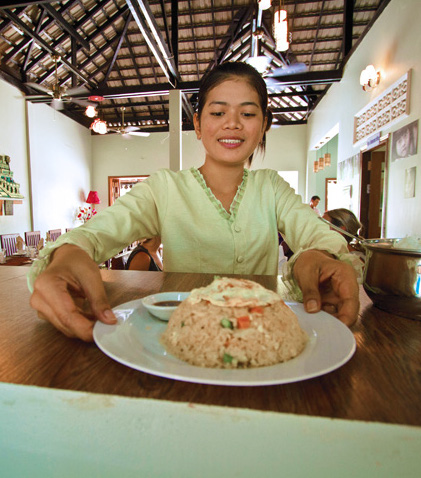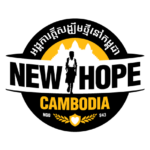Mekong River Homestays
Impact
The Mekong Community Homestays have allowed the Ban Pak Ngum and Ban Huay Tom communities to increase employment and income opportunities in the area while sharing and preserving their unique culture. Investments into the homestay’s tourism service have allowed the hosts to receive travellers in a professional manner, setting them up for future growth and sustainable tourism partnerships. Income from this program is used by many families to send their children to school.

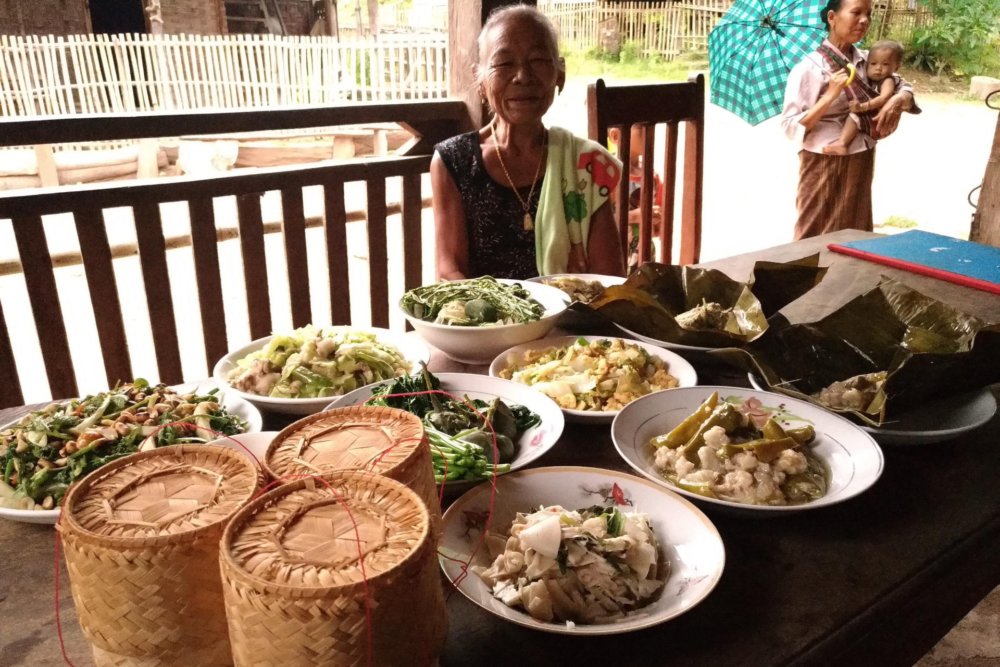
Critical Need
Traditional agriculture and fishing practices in rural Laos are often unable to provide the income needed for households to cover all expenses. Because of this, communities are in need of alternative income opportunities in order to stay in their ancestral villages. Planeterra believes that the travel industry can provide such opportunities for remote areas in Laos, while also providing a platform for a cultural celebration. The Ban Pak Ngum and Ban Huay Tom communities along the Mekong River are made up of three Indigenous communities: Laos, Khmu, and Hmong. Entering the tourism industry for the first time, the Mekong River Homestays were in need of training to create a meaningful experience for guests and hosts.
Our Involvement
With support from Planeterra, CBT-I (The Thailand Community Based Tourism Institute) and Travel Treasure Laos (TTL), training was conducted for both homestay communities. The topics covered included ways to improve their tourism experience, food and hygiene training, developing new tourism products, interpretation skill-building, and an overview of the tourism industry to better prepare them for success in the future. Planeterra connected them with one of our corporate partner’s G Adventures, to secure a steady flow of travellers to the homestays.




